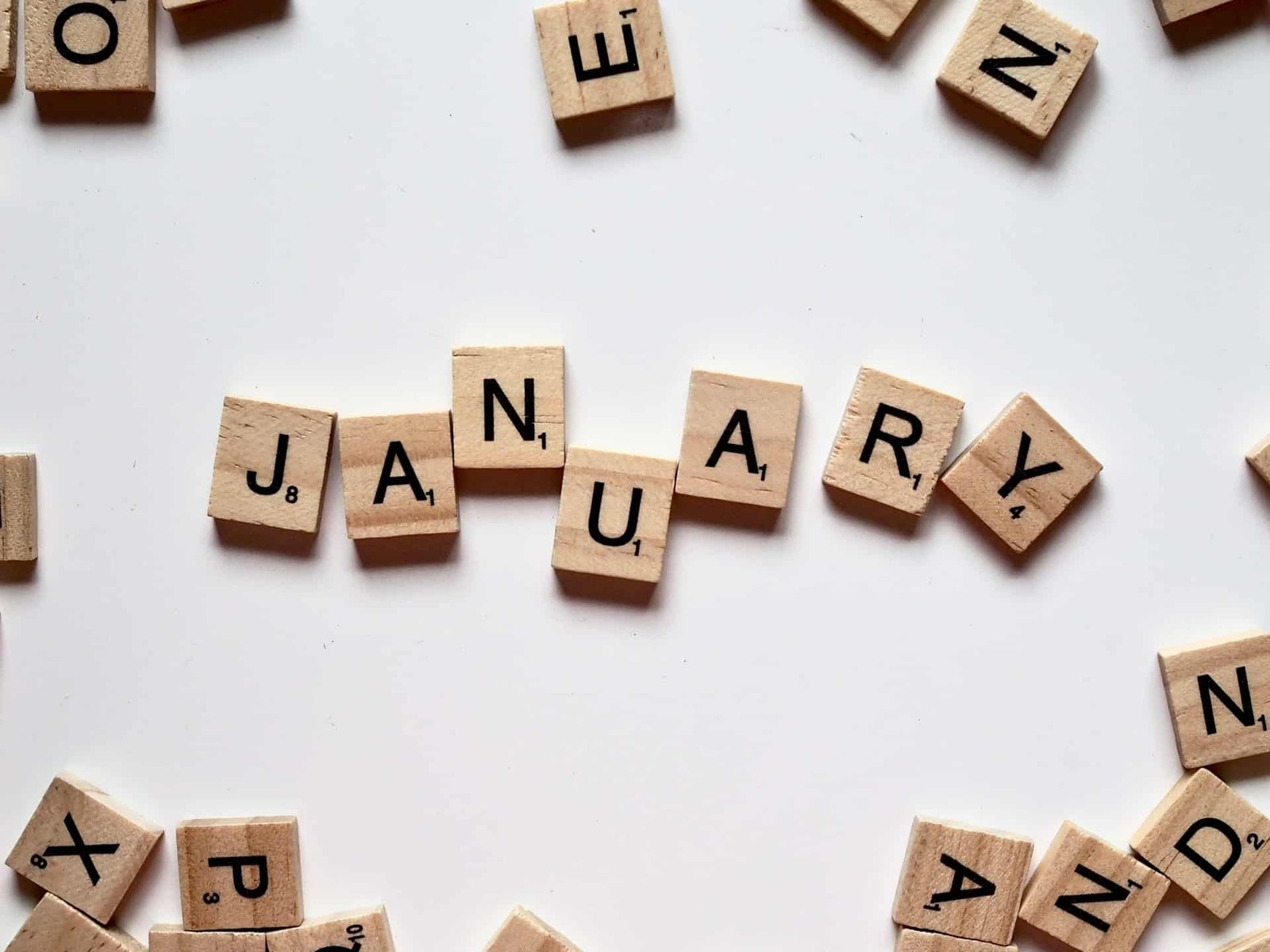
How to survive the longest month of the year.
January has to be the longest month of the year. If you are working, you are usually paid early. This feels great at the time. However, come January, you are wondering where it has all gone!?
1. Do a financial audit
Don’t bury your head in the sand. The more that you don’t feel in control of your finances, the more anxious you will feel. I have a budget spreadsheet. I add in all of my debts and bank account balances at the start of each month.
Write down how much you have until the end of the month and how much credit you have available. First, calculate the total amount of money you have available. Then, deduct any further outgoings due this month, like traveling to work and credit card bills. Then take a deep breath and see what you have left for the month.
2. Strip back
Now you have completed a financial audit. January is the time to do a purge of your bank accounts. Cancel all of the subscriptions to things you don’t need. It’s amazing what you sign up to over the course of the year. Now is the time to strip back on all of your costs and outgoings. Only buy what is necessary. You can also read, how to spring-clean your finances for more inspiration.
3. Keep talking
Whatever you do, don’t bury your head in the sand. Keep talking to the people around you. Also, keep talking to people you owe money to. I accidentally forgot to transfer some money into my account on 1st January, which meant two payments bounced. I rang them up straight away, which meant that I did not incur a £30 late fee. Most companies will waive penalties and over-limit charges if you talk to them and explain your circumstances.
4. Staying in is the new going out
After the excess of New Year, Christmas and the office parties. January is a time to stay in, relax, and rejuvenate. Staying in can be fun too. Get your housemates and friends involved. Cook a dinner where everyone buys something. Host a January stakeation watching films and Netflix. Have a month where you don’t buy any takeaway meals or eat out. Unless it’s a special occasion e.g. birthday – you don’t need to waste money.
5. Sign up to Dry January to save cash
Many people adopt Dry January, which is a cheap and healthy way of getting through the month! If you can’t face giving up your favourite tipple, consider investing in a wine box for the month. Alternatively, just drink one evening a week to save those pennies. It’s amazing how cheap a food shop can be with no alcohol in your basket.
6. Boost your income this month
I am a firm believer in not just saving money, but increasing your income. 2020 is the year you can add an extra side hustle. You can ask for a pay rise and boost your income through passion projects. Additionally, you can do small jobs on the side. Each month I am going to try out a different way of making extra money to share with you.
7. Use an automatic savings tool like Chip or Plum
January is not the time you feel you want to be saving. Every penny counts! Yet this is the exact time to kickstart some positive financial habits. Broke Girl in the City is working with Chip and Plum. They offer a welcome bonus to anyone who signs up and uses the app. I have already signed up and have saved £7.31. Not bad eh?
8. Assign weekly pots in Monzo
I absolutely love my Monzo app. Not only does it categorise my spending so I can track my outgoings. I can set up ‘pots’ of money within the app. I have a rent pot, which is where I save my rent money on a monthly basis. Also I have a savings account, which is where I keep the money for emergencies. I set myself a weekly budget. Then, I put that money into a weekly pot. I found I was borrowing money from my future self. I moved money from Week 2 to Week 1. That’s why I was struggling to get from payday to payday. If you strip back your spending, make sure you have set up your weekly pots. Spend only what you have budgeted for.
9. How to make your money stretch further
My mother always taught me to shop at supermarkets at day’s end. That’s when they have foods reduced to clear. A great tip. Make sure you know your weekly budget. This way, you don’t go over it. Avoid really scraping by at the end of the month. There are so many apps and promotions happening in January. Why not take advantage of a free mocktail this month courtesy of DrinkUp London.
10. Get help if you’re struggling
Looking at the New Year is a great way to start new positive habits with money and finances. Be honest with yourself. Are you always broke? Do you try to manage from payday to payday because you overspend? Or is it because you just have too little money left after all of our basic outgoings?
Sara Williams, from debtcamel offers this great advice. Be honest with yourself – is this a one-off problem or do you have it most months? If it happens too often, then consider budgeting better in the first week or two after you are paid. Or, is there really too little money to last?
If there is too little money to last, talk to a good debt adviser. There is a list here with options for all sorts of different situations. Don’t keep staggering on with your debts and bills getting worse every month.

